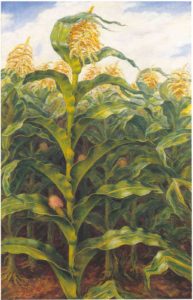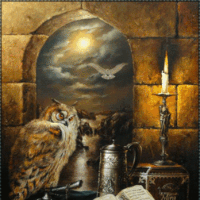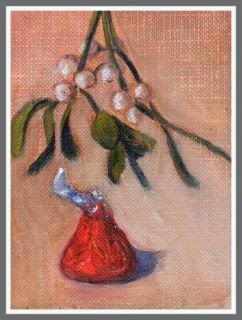 Scientific name: Zea Mays.
Scientific name: Zea Mays.
Common names: Indian Corn, Maize, Squaw Corn
Type: Vegetable
Ruler: Sun, Aztec and Mayan deities, Earth Mother
Planet: Venus and Saturn
Element: Earth
Magickal Form: On or off the cob, popped, white, yellow, blue, red
Parts used: Seeds, silk, husks
Magickal Properties: Fertility, Protection, Luck, Divination, Prosperity
Corn can be used for spells protection, luck, and in divination. Corn on the altar represents the power of the Corn Mother, She who blesses and nourishes all Her earthly children. Corn on the cob represents the phallic gods and draws creative or sexual energy.
Often Corn husks and Wheat straw are used to create what are called ‘Corn Dollies’. These are usually in the shape of a doll or are woven into various other shapes and are carried as charms or put on an altar. Corn dollies can be hung from the rafters of a house to offer protection for the house and all those who dwell within. Corn can also be used in many forms of fertility magic. Corn silk is a very powerful ingredient when added to love spells; it is designed to attract the person you desire.
Corn can be worn as jewelry or in amulets to make the wearer closer to the spirit of the earth. Corn can be used to divine the future. An old folk spell said that if a damsel found a blood-red ear of maize, she would have a suitor before the year was out. Financial or love wishes that are shouted out as popcorn is popping will come true.
- Eat yellow corn on the summer solstice (June 21) for blessings of prosperity
- Consume white corn for spiritual insight
- Scatter blue corn meal to purify and bless a space
- Hang red corn above doorways at harvest time to protect rewards that have been reaped
Corn is a sacred Druidic herb of Mean Fomhair (also called Mabon) and of Samhain. Corn is associated with the element of earth and the planets Venus and Saturn. Because Corn was such an important part of the food supply of many early cultures, almost every ancient religion had a Corn God or Goddess.
Some of these Corn deities are: Annonaria, Roman Goddess protector of the Corn supplies; Cerklicing, the Latvian god of fields and Corn; Kurke, the Prussian God of Corn; Nepit, an Egyptian Corn Goddess and Neper an Egyptian Corn-God; Nodutus, the Roman god who was held responsible for making the knots in the stalks of Corn; Nzeanzo, the Sudan god of rain, medicine, Corn, fertility and metal-working; Robigo, a Roman Goddess of Corn; Iyatiku, the Pueblo Corn Goddess; and Gabjauja, the Lithuanian Goddess of Corn (with the advent of Christianity She was, as were so many other Pagan deities, reduced to a demon).
Important note:
Remember that when harvesting Corn for magickal uses it is important to say thank you to the grain spirits:
“Mother of Corn
I harvest thee.
In spring thou wilt
A maiden be.”
Collected from various sources, including Magickal Winds
2 Responses to Corn Magick
Leave a Reply
- Bean Magick and Lore by shirleytwofeathers - 6 Comments
- Purple Loosestrife Magick and Lore by shirleytwofeathers - 5 Comments
- Onion Magick and Lore by shirleytwofeathers - 4 Comments
- Magickal Uses of Mud Dauber Dirt by shirleytwofeathers - 4 Comments
- Herbs by Gender by shirleytwofeathers - 4 Comments
Michaela Renee Solomon: Bean Magick and Lore
Alex Jinn: Holy Water
Lilith Linlithgow: AZaJ2zpS1xg
Tina from Magickal Spot: Ingwaz Rune Magick
Tina from Magickal Spot: Thurisaz Rune Magick



Please Can you tell me all about the Goddess names of corn and how can i use it or apply the formal
Corn didn’t make it to Europe prior to 1492. By this time Christianity had been established for almost 1000 years.
Europeans never had a deity that was directly related to corn because corn didn’t exist to them.
The grain they had access to was wheat rye and oats.